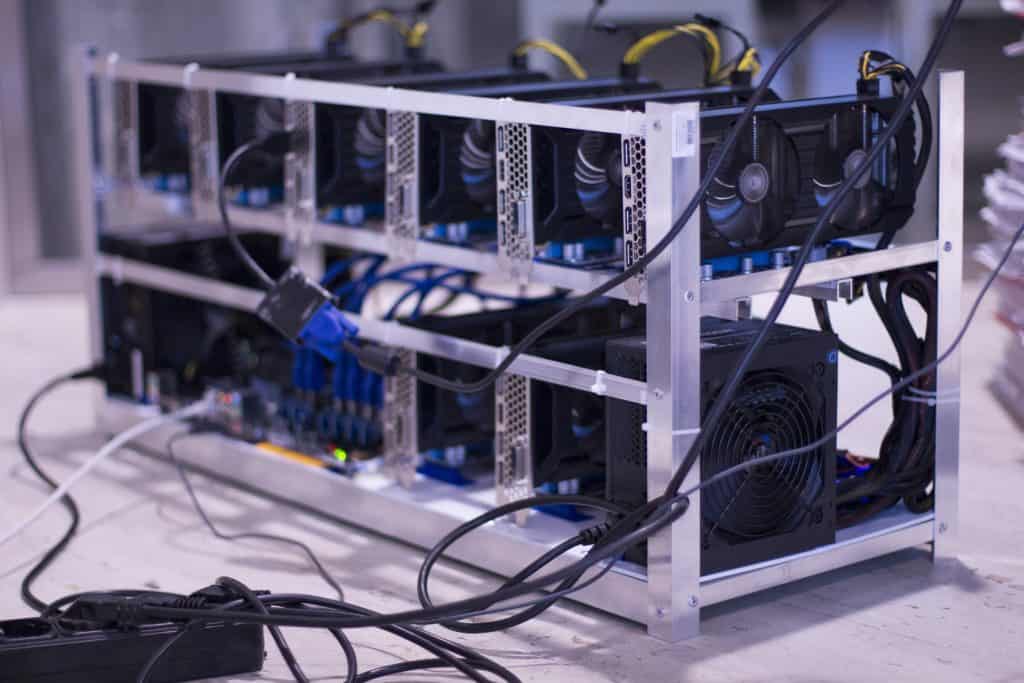Mining cryptocoins can be an expensive, time-consuming process that stretches computing power to its limit. In order to achieve better and more consistent results, a growing number of miners are teaming together in so-called mining pools.
Yes, each miner has to share the spoils with everyone else in the pool, but the result is a steady stream of returns that can be relied upon. Everyone pools their processing resources to deliver a team return, which is then shared among all the users every few days.
Think of a mining pool in terms of a lottery. There might be one million tickets, but if you only own one, your chances of winning are one in a million. But if you team together with 10,000 others, you have 10,000 chances, and your odds of winning suddenly drop to one in a hundred.
You’d probably never be able to cover the cost of 10,000 tickets, but joining forces with others means you increase your chances of winning the jackpot — or at least a fraction of it.
Mining pools are all about increasing the chances of a significant and regular return from cryptocurrency mining. Yes, you have to share the spoils, but at least you’re guaranteed to get some.

How to Choose a Mining Pool
There are several different types of mining pool to choose from, and which one you opt for depends on your processing power, the time you spend mining and a range of other factors. There’s also the size of pool to think about. While joining one of the larger pools might increases your chances of mining a block, it will give you a relatively low payout at the end.
Similarly, choosing a small mining pool might give you a larger payout, but reduced processing power means there’s a smaller chance of successfully mining a block. If you’re prepared to wait for your rewards, this might be the best option. You may have to wait several weeks for any sort of payout, but once it happens, it will be large.
What Are the Main Mining Pool Options?
Local Mining or Cloud Mining
There are mining pools out there that rely on just the hardware of miners or solely on Cloud-based resources. The Cloud option means you don’t need any equipment; you simply but a contract which is then entered into the pool. If you’re worried that your existing computer isn’t up to the task, purchasing a Cloud mining contract may be the way to go.
Payout Choices
There are several payout models to choose from. For example, some pools will payout immediately based on the miner’s contribution. For every mathematical calculation completed, a share is awarded. The more power you’re providing to the pool, the more shares you’ll be awarded. However, this model is relatively rare, as it can result in shares being issued even if an overall reward wasn’t issued by the block chain.
The most common type of payment model is a proportional system, which rewards miners when a full block has been mined. You’ll need to wait longer for this reward, but it will generally be larger and more consistent.
Single or Multi-Cryptocurrency
Some mining pools concentrate solely on one cryptocurrency, while others distribute mining power across several. If you choose the multi-crypto option, your processing power will be directed to the coins that are deemed the most profitable at the time.
If you’re looking for a low-risk, low-return mining strategy, signing up to a mining pool is probably the best way to go.




